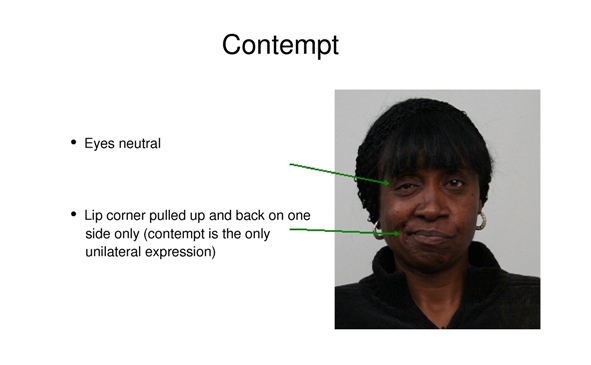 Contempt and Politics
Contempt and Politics
According to Harvard Professor Arthur Brooks, 1 in 6 Americans stopped talking to close friends and family about politics during and after the 2016 Presidential Election.
Emotions shape much of our lives, so it would make sense that they impact how we handle political discussions as well.
In his column with The New York Times, Brooks tackles the difficult question of political polarization.
A great deal of political science scholarship has sought to examine how people’s attitudes are drifting increasingly farther apart and what this means for our two parties to work together.
While most scholars focus on cultural values, economic interests, or other politically situated opinions, Brooks suggests that it is much more simple: we feel contempt.
Motive Attribution Asymmetry
He begins by explicating some recent research on “motive attribution asymmetry.” Such research has found that we tend to attribute loving motives to our political allies and hateful motives to our enemies, regardless of our party.
It is this asymmetry that allows us to develop a profound sense of contempt for the other side. This goes beyond concerns over incivility, and into this particularly powerful emotion’s pull on our evaluations. Contempt, he says, creates a sort of addiction, as social media and political elites leverage it to demonize political opposition and make compromise impossible.
Dangers of Contempt
Not only does contempt make compromise difficult, but it can also make us profoundly unhappy. The American Psychological Association found that experiences of contempt can make individuals feel rejected by their peers, leading to anxiety and depression.
And most people don’t want to feel this way. Most polls find that strong majorities want civil disagreement and compromise, rather than hostility and contempt.
Brooks’ diagnosis of contempt as the source of many political ills is not without evidence. As we blogged on some time ago, contempt, alongside anger and disgust, can predict political and group-based violence. One of the first steps in dehumanizing out-groups is the cultivation of a feeling of contempt towards that group.
Contempt is deeply rooted in a sense of who other people are, and it often drives from an evaluation that they are lower in a hierarchy and lacking of respectable status. This can translate to a sense that that person is bad, disgusting, or not worthy of moral consideration.
Brooks notes that one way in which contempt can shape our political interactions is how it has increasingly eroded friendships.
If this is because of contempt, then it isn’t the first time contempt has killed a relationship. In fact, Dr. John Gottman, a renowned expert on emotions and relationships, described contempt as one of the “four horsemen” of the relationship apocalypse.